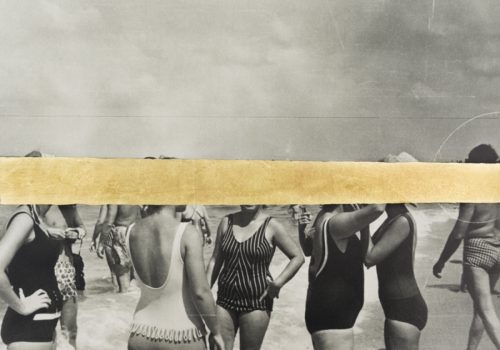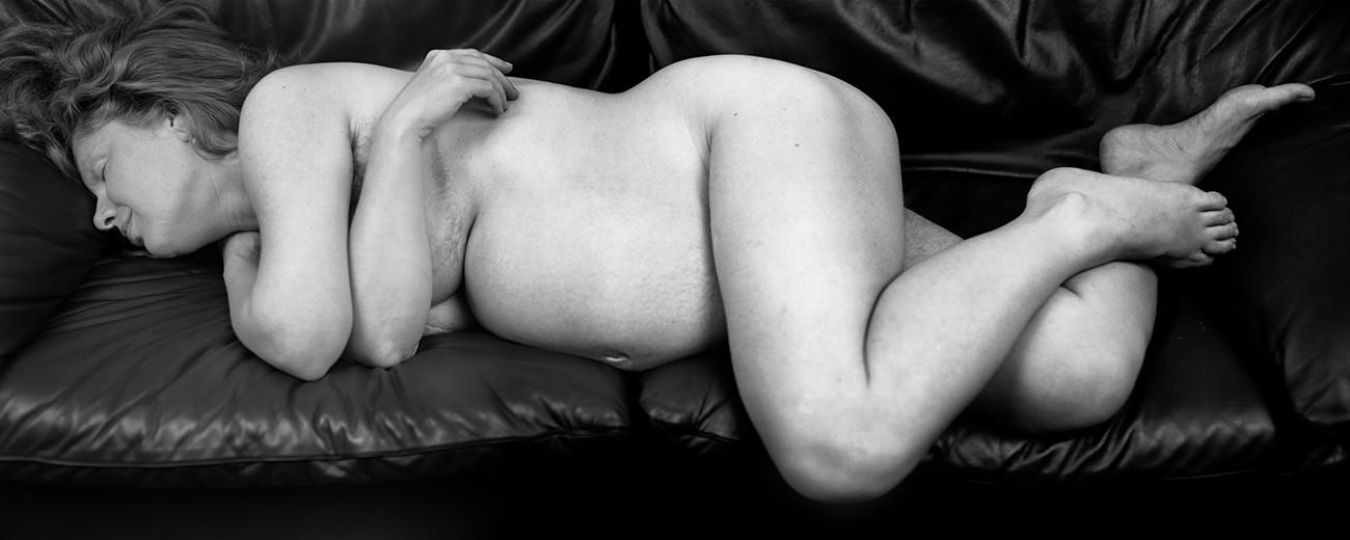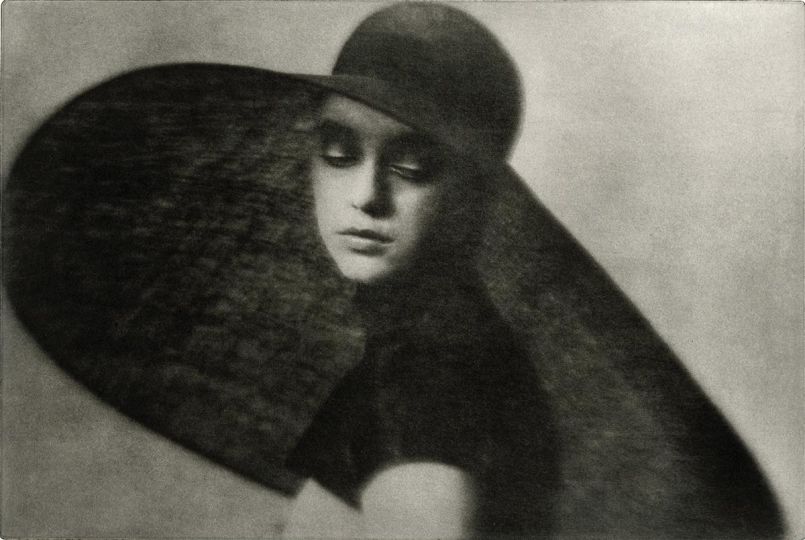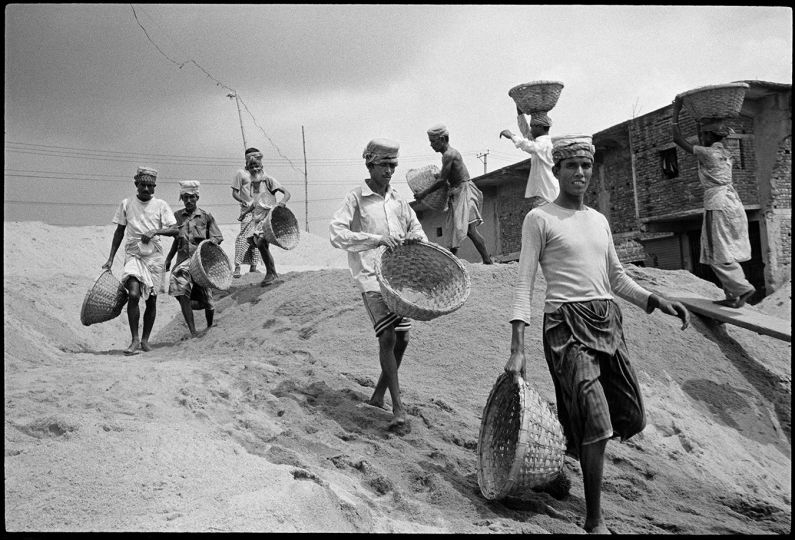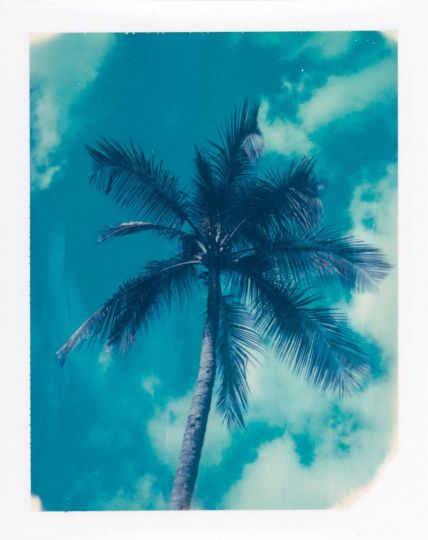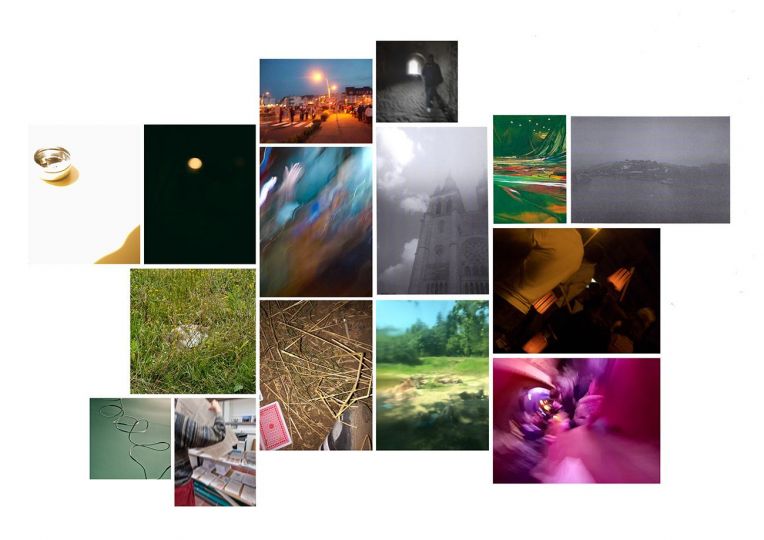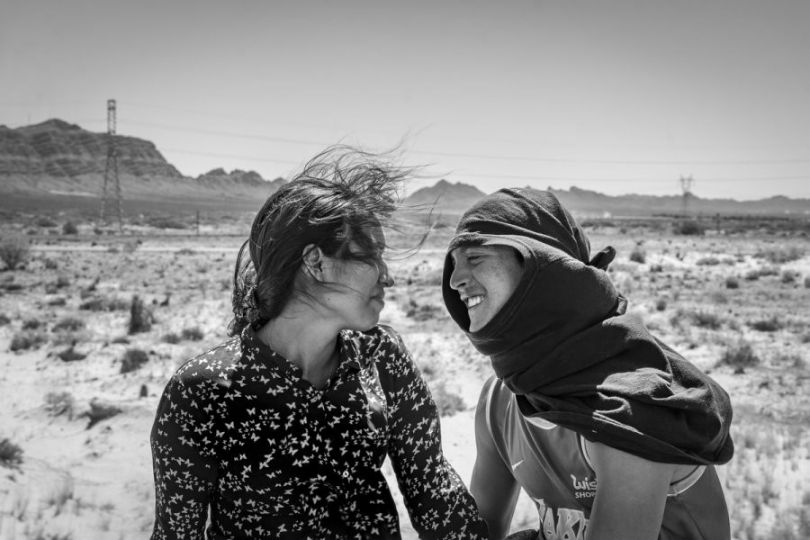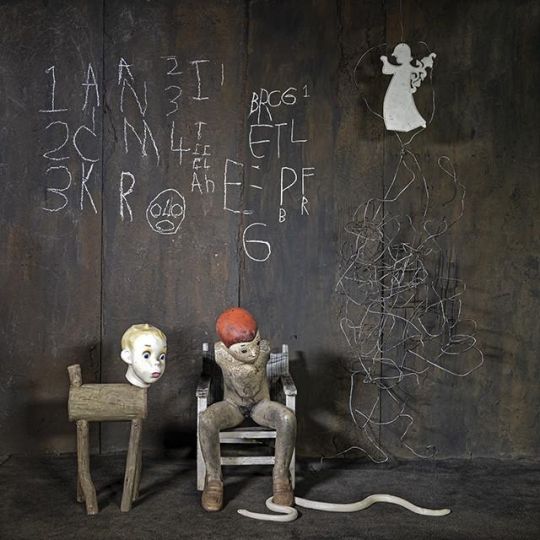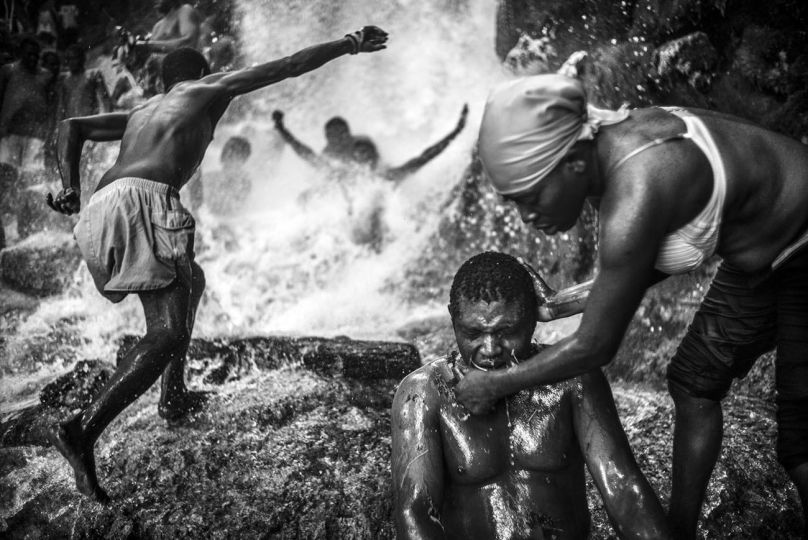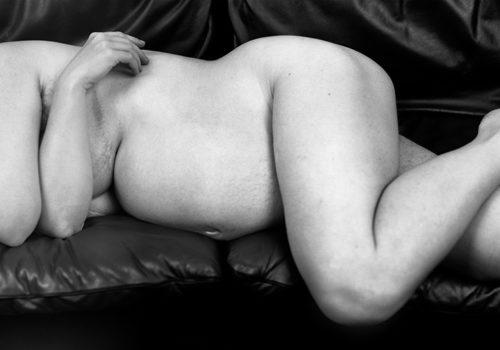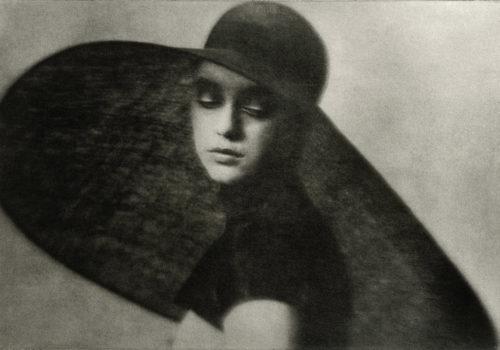I will never forget you is a work on family memory, happy and fantasized, confronted with negative memories. It is a parallel album to my previous work Photos Souvenirs in which I embroidered on the family photographs where I am represented.
I realized that there were very few images of my parents before their marriage, an iconographic desert explained by the fact that they were born in the 1930s in a Morocco without running water or electricity.
The few photographs held by my grandmother were double locked to hide the tragedy caused by the accidental loss of one of her sons.
A lid of blindness had covered this life of pain. I feel orphaned of iconography, root.
I started collecting anonymous photographs that I bought in flea markets. I am magnetized by the happiness was displayed at attention on these photos, by these people that I did not know and who existed, loved and disappeared. They are ghosts who follow me noiselessly and I use them to build an imaginary family album to fix forgetfulness.
I rebuild the memory of my family that I did not have, invented a tailor made one where I resurrect all the people who have disappeared, the territories that I did not know and were praised. I choose the positive and idealized side of an identity to illustrate all these fables told about my ancestors.
These refuse ceded for a few euros changed status , with the application of gold leaf on photography. By hiding a part of the image, and more specifically the faces of these ghosts, I openned possible projections.
Gold, the object of fantasy and greed, is a stainless metal.
Unlike the black hole that absorbs all the material in its path, the flat gold is a dreamlike universe and rejects the material. Gold operates at the same time as a memory hole and a shiny surface on which our own faces are reflected as Narcissus with his reflection.
Looking at family photos, I think of what Bourdieu said about them and the need to maintain the societal lie. I see in these photographs the coded happiness of a society tense in an immutable pose.
Through the writing of memories that I embroider with red thread, the color of violent emotions, I try to dismantle the myth of the ideal family.
I speak of worry, of the difficulty to take one’s place and to build a happy life “as in the photos”.
The text operates a pendulum system oscillating between the projection of happiness and its impossible lie. It comes to carry the dark matter of the family to give it a more nuanced image.
The images chosen for their narrative power will overload to saturation certain pages of the album and will be punctuated by different formats that will help to recreate this fantasy memory and indirectly the history of amateur photography.
Carolle Bénitah

